Saturated And Unsaturated Fat What’s The Difference?
 Part of our program is educating you in all areas of fitness, including nutrition, so you can make the best possible decisions yourself. One of most often asked questions is whether all fats are unhealthy and the difference between types of fats, such as saturated and unsaturated fat. First, fat has a place in your diet. You need fat for many of your bodily functions, including weight loss. The unhealthy fats are trans fats, which are often found in baked goods or fried foods.
Part of our program is educating you in all areas of fitness, including nutrition, so you can make the best possible decisions yourself. One of most often asked questions is whether all fats are unhealthy and the difference between types of fats, such as saturated and unsaturated fat. First, fat has a place in your diet. You need fat for many of your bodily functions, including weight loss. The unhealthy fats are trans fats, which are often found in baked goods or fried foods.
The key to knowing which fat is saturated and which is unsaturated is right before your eyes.
Check out the fat at room temperatures. Saturated fats are solid, but unsaturated fats are normally liquid. Fats are in four classes, saturated, unsaturated, monounsaturated and trans fats. As mentioned earlier, the trans fats are bad for you. The type of bonding with hydrogen makes a difference whether the fat is solid or liquid at room temperature.
There’s a myth about saturated fat being unhealthy.
If you consume the right amounts of saturated fat, it’s perfectly healthy. In fact, one study that was published in 2019 showed that decreasing the amount of saturated fat in your diet offered no health benefits. The reduction in saturated fat didn’t even reduce heart disease. So why is it so vilified? It’s all about one mega-study done in the 1960s that was paid for by the sugar industry. They bribed the three Harvard scientists that did the study with an extra $50,000 each, which is more like getting $470,000 today. They ask them to ignore the studies that pointed to sugar as the culprit and focus only on those that said saturated fat was the cause of heart disease.
You need saturated fat in your diet.
Each type of fat does something different. There are basically four types of saturated fat that are normally in diets, stearic found in foods with animal fat, lauric from foods like coconut oil, palmitic that’s in palm oil, dairy and animal products and myristic acid that’s in dairy and coconut oil. For instance, the body can’t build cell membranes without saturated fat. Cell membranes are 50% saturated fat. Myristic acid boosts the immune system and aids in fighting tumors. Lauric acid has antimicrobial properties. You need saturated fats to absorb fat soluble vitamins and saturated fats for healthy bones, proper growth and to prevent colon cancer and multiple sclerosis.
You also need unsaturated fat.
Unsaturated fat lowers inflammation and aids in preventing heart disease. There are basically two types of unsaturated fat, monounsaturated and polyunsaturated. The polyunsaturated contain omega-3 and omega-6 fatty acids. They both play a role in heart health, building better skin, hair bone and reproductive health. Unsaturated fat is important for both the nervous system and metabolism. It increases the good cholesterol and reduces the bad cholesterol. Monounsaturated fat also helps control blood sugar levels.
- You’ll get polyunsaturated fat when you eat salmon, Brazil nuts, walnuts, flaxseed, poppy seed and chia seeds. Monounsaturated fats are found in pecans, cashews, Brazil nuts, avocado and olive oil.
- Fat free foods, foods where the fat is removed, are often unhealthier than the full fat originals. That’s because the fat is replaced with sugar to give it flavor.
- You need about 20 to 35% of your caloric intake to come from fat. It should include 15 to 20% of caloric intake from monounsaturated fat, 5 to 10% from polyunsaturated, 10% from saturated and 0% from trans fats.
- Coconut oil, butter and dairy from grass fed cows, yogurt and fish. Many of these foods also provide heart healthy benefits.
For more information, contact us today at Rising Fitness Gym

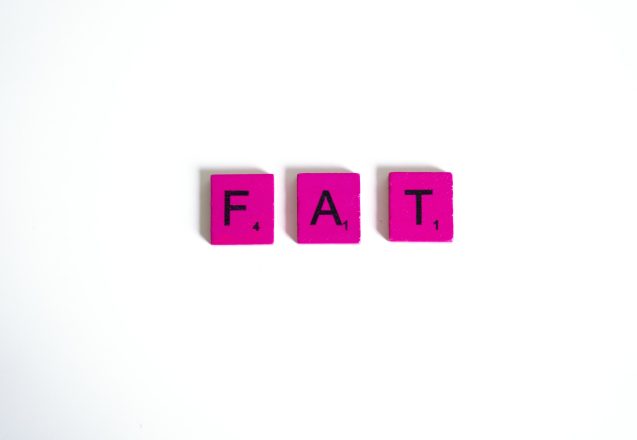
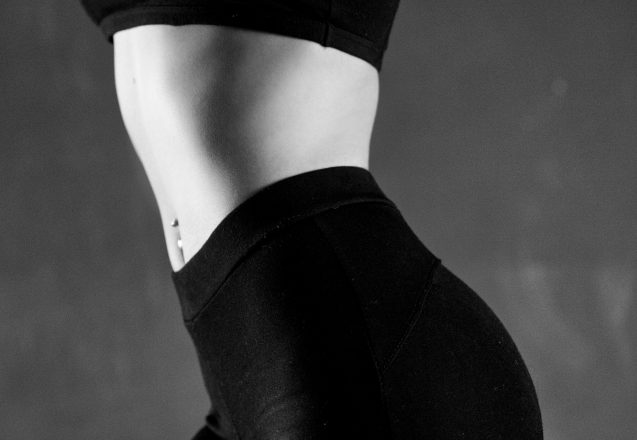
 At Rising Fitness in Houston, Texas, everyone works hard to get the results they want. One of the most frequent goals we often hear is the desire for a tight tummy. That takes more than just exercise. You have to eat right, too. In order to lose belly fat, you have to lose fat all over your body. Belly fat is visceral fat, the most dangerous type of fat, since it crowds your organs and increases the risk of diabetes, cardiovascular disease, some types of cancer and hypertension. You need to exercise to strengthen abdominal muscles, but if there’s a layer of fat, no matter how much of a six pack you have, it won’t show. Eating right solves that problem.
At Rising Fitness in Houston, Texas, everyone works hard to get the results they want. One of the most frequent goals we often hear is the desire for a tight tummy. That takes more than just exercise. You have to eat right, too. In order to lose belly fat, you have to lose fat all over your body. Belly fat is visceral fat, the most dangerous type of fat, since it crowds your organs and increases the risk of diabetes, cardiovascular disease, some types of cancer and hypertension. You need to exercise to strengthen abdominal muscles, but if there’s a layer of fat, no matter how much of a six pack you have, it won’t show. Eating right solves that problem.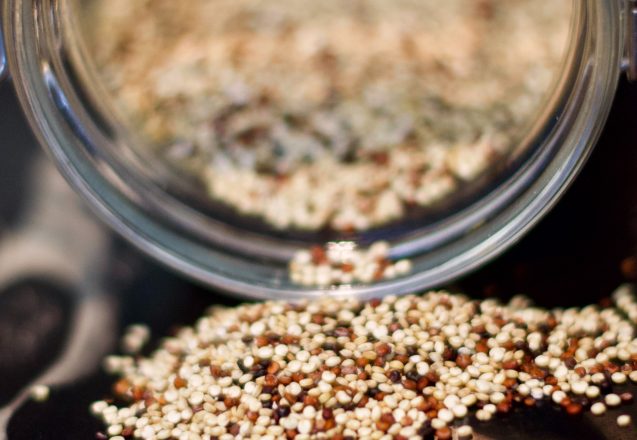
 What is quinoa and why is it so popular? Quinoa is an ancient grain that the world has recently rediscovered. There are many health benefits of quinoa and it’s been used for centuries as food. It is a member of the Chenopodiaceae family that includes spinach, beetroot and sugar beet. Unlike those members, not only can the leaves be harvested and cooked like spinach, the mature seeds were gathered and washed to remove saponins, then cooked and eaten. The saponins removed were used to wash clothing, since they have cleansing properties. No wonder it was called the Mother Grain by the Incas.
What is quinoa and why is it so popular? Quinoa is an ancient grain that the world has recently rediscovered. There are many health benefits of quinoa and it’s been used for centuries as food. It is a member of the Chenopodiaceae family that includes spinach, beetroot and sugar beet. Unlike those members, not only can the leaves be harvested and cooked like spinach, the mature seeds were gathered and washed to remove saponins, then cooked and eaten. The saponins removed were used to wash clothing, since they have cleansing properties. No wonder it was called the Mother Grain by the Incas.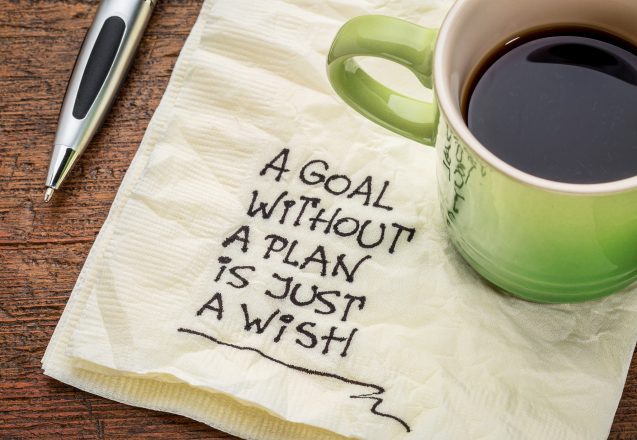
 Do you wish you had a great body, had all the energy you wanted and enjoyed the endurance you had when you were young. You can achieve that, but you have to work for it. It takes more than just making a New Year’s resolution, you have to follow through with action. You can choose to make one change at a time or try to change everything at once. Each person is different, to you have to do what’s best for you.
Do you wish you had a great body, had all the energy you wanted and enjoyed the endurance you had when you were young. You can achieve that, but you have to work for it. It takes more than just making a New Year’s resolution, you have to follow through with action. You can choose to make one change at a time or try to change everything at once. Each person is different, to you have to do what’s best for you.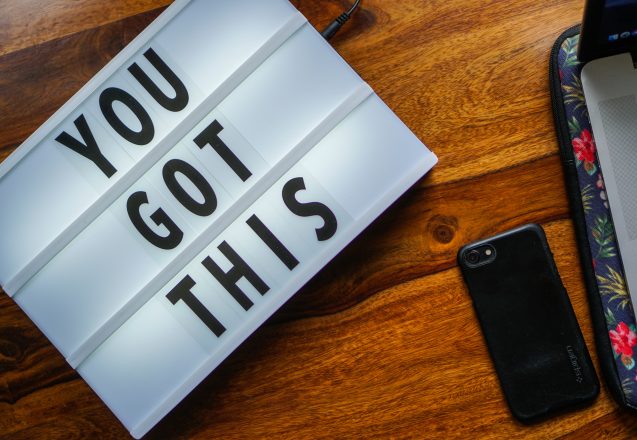
 If you want to be the best version of you, you need to put effort into the process. When clients come to Rising Fitness in Houston, Texas, at first they say that working out is hard and keeping the commitment to becoming fit is really tough. There are so many tugs on time that it’s easy to be distracted. You need a firm commitment and motivation to stick with the program, but when you start to see results, it’s all worth it.
If you want to be the best version of you, you need to put effort into the process. When clients come to Rising Fitness in Houston, Texas, at first they say that working out is hard and keeping the commitment to becoming fit is really tough. There are so many tugs on time that it’s easy to be distracted. You need a firm commitment and motivation to stick with the program, but when you start to see results, it’s all worth it.
 You don’t have to live the rest of your life overweight and out of shape. You can change forever, but you have to believe it’s possible. We can help you do that. You may have tried dieting before and failed, so how will this be any different? First, you won’t be dieting. Diets don’t work. They always end and usually make you feel deprived. Instead, you’ll learn how to make smarter food choices and combine it with regular exercise in a program designed specifically for you.
You don’t have to live the rest of your life overweight and out of shape. You can change forever, but you have to believe it’s possible. We can help you do that. You may have tried dieting before and failed, so how will this be any different? First, you won’t be dieting. Diets don’t work. They always end and usually make you feel deprived. Instead, you’ll learn how to make smarter food choices and combine it with regular exercise in a program designed specifically for you.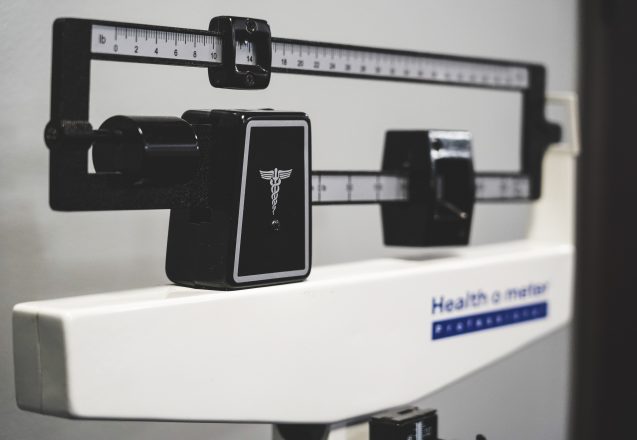
 There are a lot of ways to judge your progress when you’re on a program to get fitter. Weight is just one of those. If your goal is to lose ten pounds, then weight matters. However, if your goal is to be thinner, then weight doesn’t really matter as much. Muscle tissue weighs more than fat tissue does, so a cubic inch of muscle weighs more. Ten pounds of muscle could fit into a smaller container than ten pounds of fat. If you lose fat and build more muscle, you’ll look thinner, but may not lose a single pound.
There are a lot of ways to judge your progress when you’re on a program to get fitter. Weight is just one of those. If your goal is to lose ten pounds, then weight matters. However, if your goal is to be thinner, then weight doesn’t really matter as much. Muscle tissue weighs more than fat tissue does, so a cubic inch of muscle weighs more. Ten pounds of muscle could fit into a smaller container than ten pounds of fat. If you lose fat and build more muscle, you’ll look thinner, but may not lose a single pound.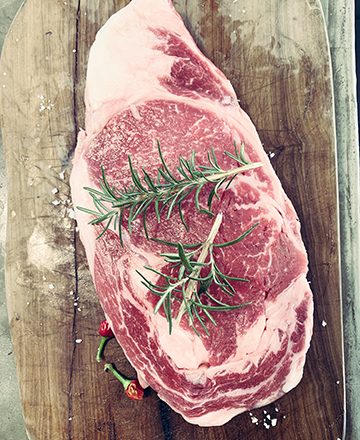
 Bodybuilders often focus on taking extra protein supplements to boost muscle development. In fact, it’s become quite trendy. Many of the latest macros diets also emphasize increasing protein and reducing carbs. Are these healthy options? Everyone needs protein, but just how much protein should you consume daily? Can you get too much? Who is most at risk of too little protein? You need to answer these questions first.
Bodybuilders often focus on taking extra protein supplements to boost muscle development. In fact, it’s become quite trendy. Many of the latest macros diets also emphasize increasing protein and reducing carbs. Are these healthy options? Everyone needs protein, but just how much protein should you consume daily? Can you get too much? Who is most at risk of too little protein? You need to answer these questions first.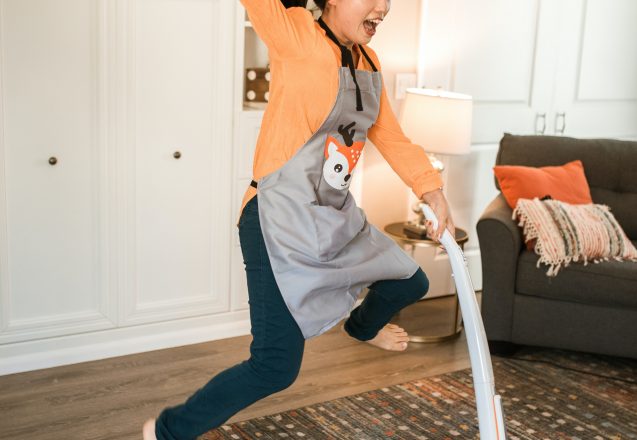
 Not everyone comes to Rising Fitness in Houston, TX, every day. Some come three times a week and fill in the remainder of days with exercise or activities done at home. Many of those exercises are cardio workouts. They can be as simple as walking briskly for a half hour or dancing to their favorite songs or be an actual workout. Jumping rope is one of the favorites that doesn’t require expensive equipment, but certainly gets your heart pounding.
Not everyone comes to Rising Fitness in Houston, TX, every day. Some come three times a week and fill in the remainder of days with exercise or activities done at home. Many of those exercises are cardio workouts. They can be as simple as walking briskly for a half hour or dancing to their favorite songs or be an actual workout. Jumping rope is one of the favorites that doesn’t require expensive equipment, but certainly gets your heart pounding.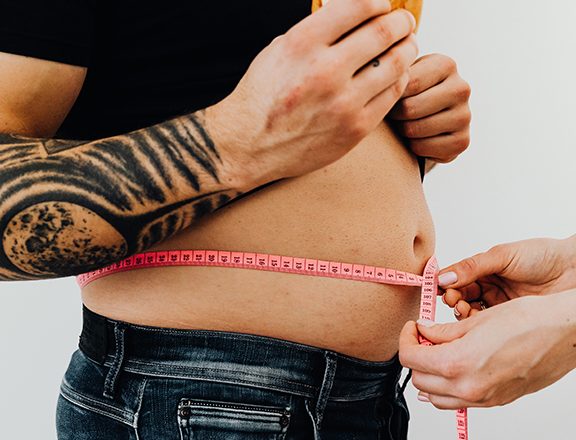
 Clients at Rising Fitness Gym in Houston, Texas, tell us how grateful they are to finally succeed at their goals. Each person is special here and has an individualized program. One thing many have in common is the desire to build more muscle and burn more fat. There are many things you can do and some don’t require a lot of effort, but do require consistency. Every little bit counts, so even if you burn a few extra calories, if you do it and other small changes every day, the results compound.
Clients at Rising Fitness Gym in Houston, Texas, tell us how grateful they are to finally succeed at their goals. Each person is special here and has an individualized program. One thing many have in common is the desire to build more muscle and burn more fat. There are many things you can do and some don’t require a lot of effort, but do require consistency. Every little bit counts, so even if you burn a few extra calories, if you do it and other small changes every day, the results compound.